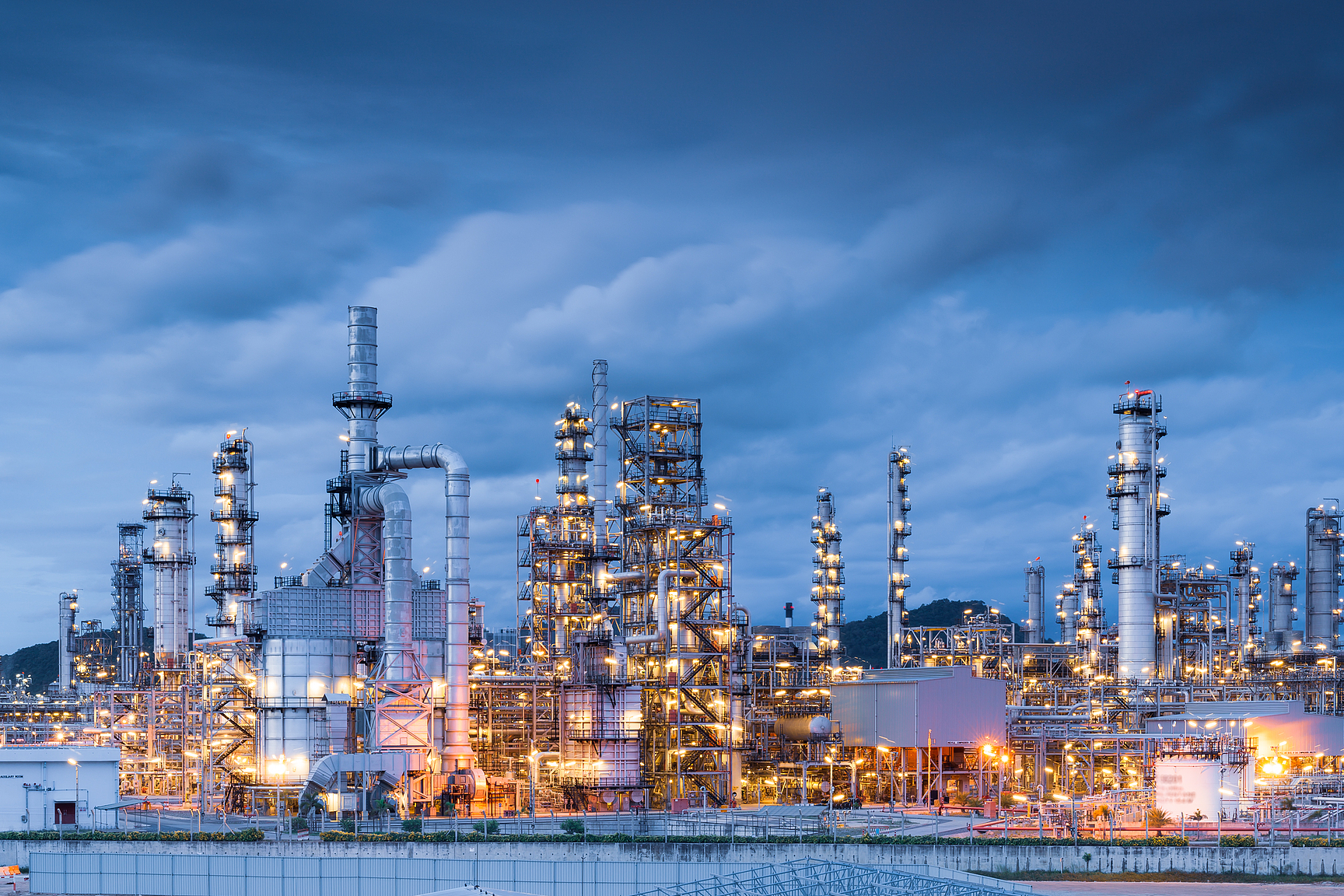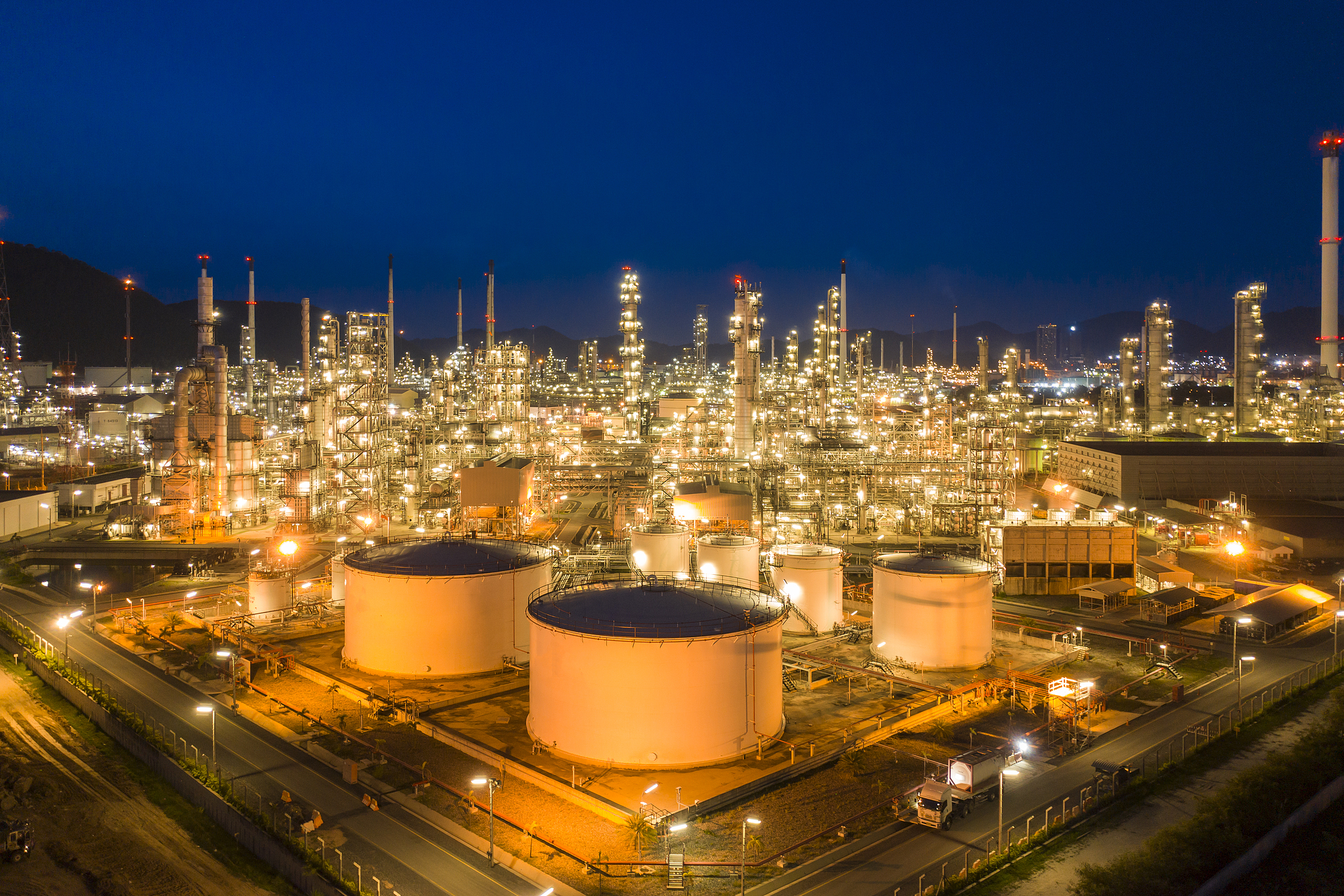











Acrylate monomers form the basis of many chemical processes across different industries. These compounds react pretty strongly and can be adapted for various applications, which is why they show up so often in polymer production for things like coatings, adhesives, sealants, and even certain types of rubber products. What makes these monomers particularly useful is how quickly they can turn into polymers when conditions are just right. This quality helps manufacturers create materials with specific characteristics needed for their products, whether it's something flexible or durable against UV light exposure or harsh weather conditions. The market trend seems to be moving towards lighter weight materials that still perform well, and this has led to increased interest in high purity versions of acrylate monomers. We're seeing this demand grow especially fast in areas like car manufacturing, electronic components, building materials, and fabric treatments where performance matters most.
Acrylate monomers find widespread application across industrial coatings and adhesive systems throughout various industries. What makes these materials so valuable is their capacity to form durable, UV resistant films that protect surfaces from damage. We see this benefit clearly in automotive manufacturing where car parts need long lasting protection against environmental factors. Marine equipment and building materials also benefit greatly from these protective coatings which help prevent rusting and wear over time. When it comes to adhesives, acrylates offer both strength and flexibility characteristics that work particularly well for pressure sensitive applications like product labeling and packaging tapes. Manufacturers appreciate how quickly these materials cure during production processes since faster curing means shorter wait times between steps and ultimately lower energy costs when applying the material on assembly lines.
The construction sector relies heavily on acrylate monomers for creating effective sealants and waterproofing products. What makes these substances so valuable is their ability to form flexible materials that stretch and bounce back into shape. This property works wonders when sealing gaps between building components, especially where there are frequent temperature changes or exposure to harsh weather conditions. Beyond just sealing, acrylates also boost how long coatings last on things like concrete surfaces, building exteriors, and flooring systems. They stand up well against sunlight damage, water penetration, and chemicals that might otherwise break down traditional materials over time. Because they offer such good protection while needing less frequent touch-ups, many construction professionals have started incorporating acrylate based products into their projects to satisfy today's demanding architectural specifications.
Acrylate monomers are making waves in the world of textile and leather finishing processes. When applied to fabrics, these materials create special coatings that make clothes softer to touch, easier to stretch, and much harder to stain. Many companies now favor water-based versions of acrylate emulsions because they release far fewer harmful VOCs compared to traditional options. For leather goods, acrylate resins give products that smooth shiny finish customers love, plus protection against everyday wear and tear from both moisture and harsh chemicals. The combination of looks and durability means manufacturers can satisfy customer demands without compromising on quality or running afoul of today's strict environmental regulations.
The electronics sector relies heavily on acrylate monomers because of their special characteristics like optical clarity, strong dielectric properties, and minimal water absorption. These traits make them ideal choices for things like encapsulants, conformal coatings, and optical adhesives that shield delicate parts against moisture, dust buildup, and physical damage. Manufacturers apply acrylate based polymers across various applications including display screens, lens manufacturing, and fiber optic connections where quick drying times and crystal clear visibility matter most. The fact that these materials boost both assembly speed and product durability explains why they've become so important in today's booming market for consumer gadgets and next generation communication systems.
Manufacturers dealing with tighter environmental rules and pressure to go green find acrylate monomers offer a workable solution. The market has plenty of options these days, including water based formulas and completely solvent free alternatives. This helps businesses cut down on those harmful VOC emissions while staying compliant with international environmental guidelines. What makes acrylates particularly interesting is their flexibility. Companies can tweak them to hit exact performance requirements, which leads to lighter materials overall. Lighter products mean less energy needed when making them and even less when shipping around the world. For industries such as cars and planes, this matters a lot. Every ounce saved translates directly into lower carbon footprints and money saved at the bottom line. That's why so many forward thinking manufacturers are turning to acrylate technology right now.
Choosing the most suitable acrylate monomer for an industrial application requires careful evaluation of performance goals, environmental considerations, and processing parameters. Key selection factors include:
Functionality: Mono-functional acrylates offer flexibility and lower crosslink density, making them ideal for pressure-sensitive adhesives. Di- and multi-functional acrylates provide higher hardness and chemical resistance, which are essential for structural coatings and durable adhesives.
Molecular weight: High molecular weight monomers offer better film-forming properties and mechanical stability, while lower molecular weight options enhance flow and penetration.
Curing behavior: Depending on whether thermal, UV, or electron-beam curing is used, the choice of monomer impacts speed and efficiency of the process.
Compatibility: Ensuring compatibility with other formulation ingredients is essential to avoid issues like brittleness, discoloration, or poor shelf life.
Regulatory compliance: For applications in food packaging, medical devices, or consumer goods, monomers must meet relevant safety and environmental standards.
Working with high-purity monomers and reliable technical support further ensures consistent product quality and long-term performance.
Acrylate monomers play a really important role when it comes to making advanced industrial materials. These substances can be adapted for all sorts of different purposes now. We see them everywhere from coatings and glues right through to fabrics, electronic components, even building materials. Manufacturers today want to create better products faster while still being environmentally responsible. That's why smart companies continue to rely heavily on acrylate monomers for developing their latest offerings. When businesses learn about proper selection methods and application techniques for these materials, they tend to outperform competitors across several fronts including product quality standards, regulatory requirements, and quick response times to changing market demands.
 Hot News
Hot News2026-01-17
2026-01-13
2025-07-25
2025-06-16
2025-04-07
2025-04-07

